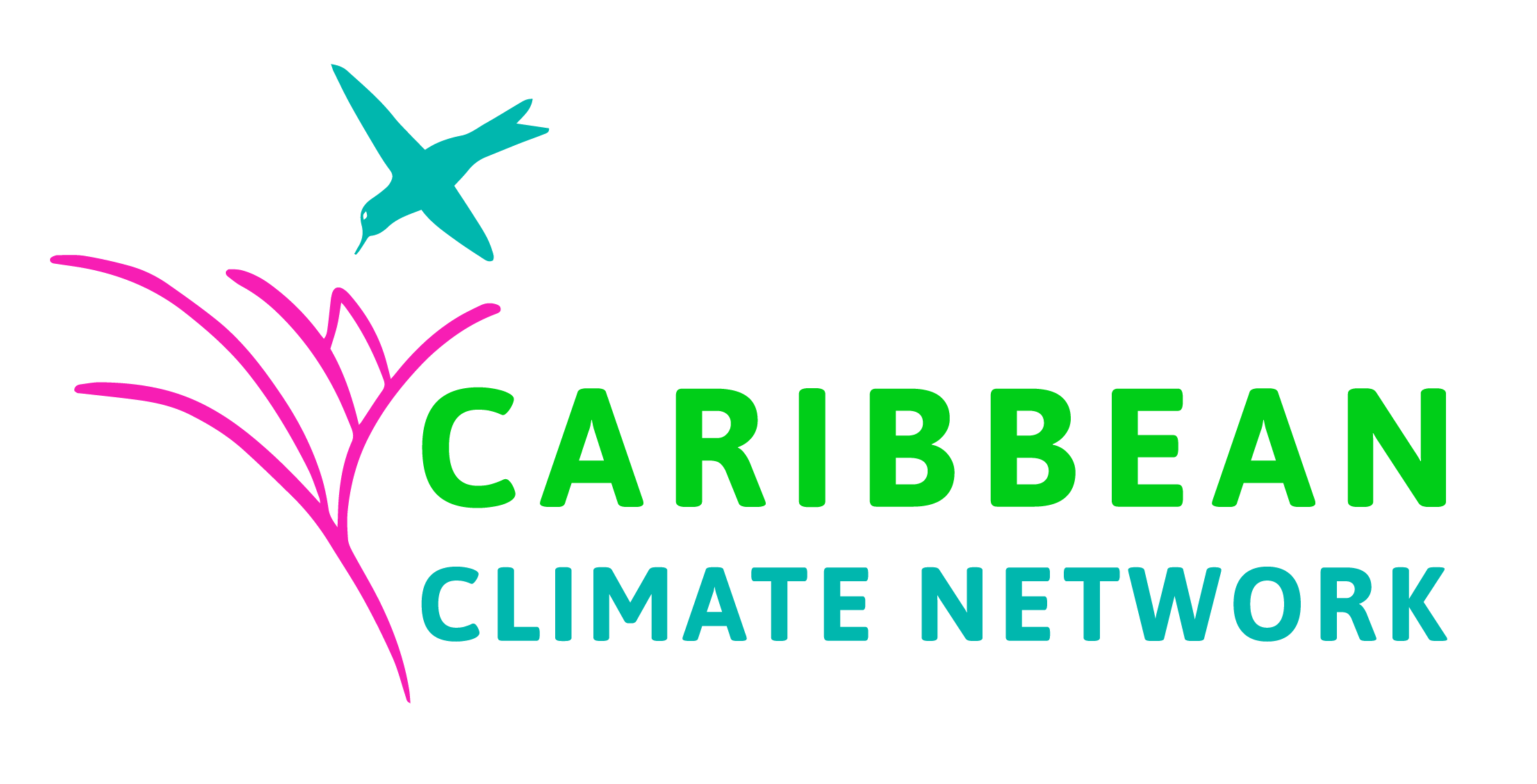The climate is changing and it is because of human activity. If you don’t agree, kindly refrain from reading further and go watch this video. If you are on board, welcome to this blog post.
 Mayaro Beach, Trinidad and Tobago
Mayaro Beach, Trinidad and Tobago
The Caribbean is often lumped together with either the North American or South American continents. This, coupled by our own mixed colonial past, has us more confused, divided and unsure of ourselves than we should be. Mostly made up of Small Island Developing States and countries where most of our areas are made up of our marine exclusive economic zones, we are disproportionately vulnerable to the effects of climate change.
Simply put, climate change and the climate crisis we are globally facing are primarily caused by increased levels of greenhouse gases entering the atmosphere and trapping more heat from the sun than in pre-industrial times. The Caribbean has not contributed significantly to these emissions but we are definitely going to feel the effects of this due to a number of reasons, not limited to:
- Fragile and unique ecosystems
- Coastlines that are exposed to major natural disaster trends
- Natural resource scarcity
- Water scarcity
- Developing and underdeveloped economies
- Lack of Legislative, Policy and Guideline structures
- Political and Societal Corruption
- Small land masses
- Lack of planning, recovery resources and preparedness
- Dependency on importation of goods and services
In the face of climate catastrophe, we have Mitigation, Adaptation and Empowerment. Adaptation is simply the process of adjusting to the current and future effects of climate change such as sea level rise, temperature fluctuations, and increases in extreme weather events. Mitigation is the process of making the impacts of climate change less severe by preventing or reducing the emission of greenhouse gases into the atmosphere. Empowerment is the human actualization of all the potential solutions and ensuring that all actors have what they need to reduce their vulnerabilities.
The Intergovernmental Panel on Climate Change (IPCC) notes that for humans, adaptation moderates or avoids harm while seeking opportunities, while for natural systems, humans may intervene to help regulation. Adaptation is our main concern here at the Caribbean Climate Network, especially through Nature Based Solutions. Actions towards adaptation have been grouped into three rough categories:
- Structural and physical (this can be grouped into engineering and built environment, technological, ecosystem-based services)
- Social (educational, informational, behavioural)
- Institutional (economic organizations, laws and regulation, government policies and programs)
This is where things get detailed and often derailed due to complexity and interconnectedness. There are so many things to worry about being caused or exacerbated by the climate crisis that demand resources that the Caribbean region cannot afford to designate. We have problems with just the day to day, far less the addition of a looming menace that is not affecting us in an uncomfortable way as yet. It always falls to the next generation to face the onslaught of the oncoming tide. The latest IPCC report (Teaser trailer) speaks directly to adaptation and how our countries are more vulnerable, but it also seeks to suggest ways we can adapt with what we have. Every aspect of human and natural life will be affected by this crisis, and it is up to us to take ownership of the part we play in causing it and follow up with a meaningful decision to remedy our actions.
The seashells may be disappearing due to the acidification of our oceans, but we can do our part to innovate and protect ourselves from the oncoming tide. Stay tuned for more on how we are going to do this at the Caribbean Climate Network.
 Bivalve shell at Mayaro Beach, Trinidad and Tobago. Large specimens such as these are hardly found at this size anymore.
Bivalve shell at Mayaro Beach, Trinidad and Tobago. Large specimens such as these are hardly found at this size anymore.
